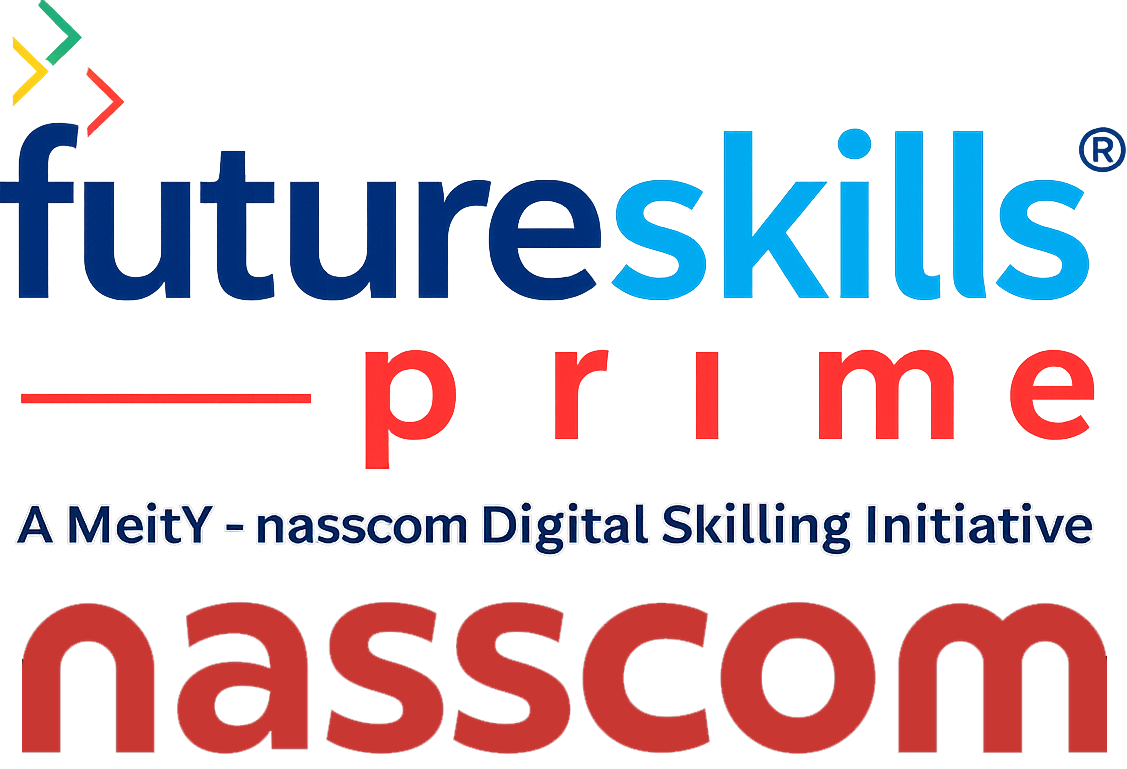Artificial Intelligence (AI) has emerged as a transformative force in various industries, revolutionizing the way we live, work, and interact. With its ability to process vast amounts of data, learn from patterns, and make decisions, AI has become an integral part of our daily lives. From self-driving cars to personalized recommendations, AI is reshaping the world around us. In this article, we will explore the profound impact of artificial intelligence on different aspects of society.
Artificial Intelligence refers to the development of computer systems capable of performing tasks that typically require human intelligence. These systems are designed to simulate human cognitive abilities such as learning, reasoning, problem-solving, and decision-making. AI utilizes advanced algorithms, machine learning, and deep neural networks to process and analyze vast amounts of data, enabling it to generate valuable insights and predictions.
Applications of Artificial Intelligence
AI in Healthcare
Artificial Intelligence is revolutionizing the healthcare industry by assisting in disease diagnosis, drug discovery, and personalized treatment plans. AI-powered algorithms can analyze medical images, such as X-rays and MRIs, to detect anomalies and assist radiologists in making accurate diagnoses. Additionally, AI-enabled chatbots and virtual assistants provide round-the-clock medical support and advice.
AI in Education
In the field of education, AI is transforming the way students learn and teachers educate. Intelligent tutoring systems can adapt to individual learning styles, providing personalized recommendations and feedback. AI-powered chatbots assist students in answering questions and clarifying doubts, enhancing the learning experience. Moreover, AI analytics help educational institutions in identifying areas of improvement and developing tailored curricula.
AI in Finance
The financial sector benefits from AI through fraud detection, risk assessment, and algorithmic trading. AI algorithms can analyze vast amounts of financial data in real-time, identifying patterns and anomalies that could indicate fraudulent activities. AI-powered robo-advisors provide personalized investment advice based on individual financial goals and risk tolerance. Furthermore, machine learning algorithms help financial institutions make informed decisions regarding lending and creditworthiness.
AI in Transportation
Artificial Intelligence is reshaping the transportation industry with the advent of self-driving cars and intelligent traffic management systems. Self-driving vehicles utilize AI algorithms and sensor technologies to navigate roads, improving road safety and reducing traffic congestion. AI-powered traffic management systems analyze real-time data from various sources to optimize traffic flow and suggest alternate routes, enhancing transportation efficiency.
AI in Manufacturing
AI-driven automation is transforming the manufacturing sector, streamlining processes, and improving productivity. Robots equipped with AI capabilities can perform repetitive and labor-intensive tasks with precision and speed. AI-powered predictive maintenance systems help identify potential equipment failures, minimizing downtime and optimizing production. Furthermore, AI-enabled quality control systems detect defects and ensure high product standards.
Benefits of Artificial Intelligence
Improved Efficiency and Productivity
Artificial Intelligence eliminates manual and time-consuming tasks, leading to increased efficiency and productivity. Automated processes, such as data analysis, documentation, and customer support, free up human resources to focus on more complex and creative endeavors. AI also enables faster decision-making by providing real-time insights and predictions based on data analysis.
Enhanced Decision Making
AI algorithms can analyze vast amounts of structured and unstructured data, providing valuable insights for decision-making. These insights help businesses and organizations make informed choices, optimize processes, and improve outcomes. By leveraging AI’s ability to identify patterns and trends, decision-makers can develop strategies that drive growth and competitiveness.
Automation of Repetitive Tasks
AI-powered automation eliminates the need for manual intervention in repetitive tasks. This leads to reduced errors, improved accuracy, and cost savings. By automating routine processes, businesses can allocate their resources more efficiently and allocate human talent to more strategic and innovative initiatives.
Personalized User Experiences
Artificial Intelligence enables personalized user experiences by understanding individual preferences and behaviors. Recommendation systems, powered by AI algorithms, analyze user data to suggest relevant products, services, or content. This enhances customer satisfaction, drives engagement, and fosters long-term loyalty.
Ethical Considerations and Challenges
While Artificial Intelligence offers numerous benefits, it also presents ethical considerations and challenges that need to be addressed.
Data Privacy and Security
The collection and analysis of vast amounts of personal data raise concerns about privacy and security. It is crucial to establish robust data protection measures and ensure transparency in how data is used. Implementing ethical frameworks and regulations can help maintain trust and safeguard individuals’ privacy.
Job Displacement
The automation of tasks through AI may lead to job displacement in certain industries. It is essential to proactively address the impact of AI on the workforce and invest in retraining and upskilling programs. By focusing on developing skills that complement AI technology, individuals can adapt to the changing job landscape.
Bias and Fairness
AI systems are trained using historical data, which may contain biases and prejudices. This can result in biased decisions and perpetuate existing societal inequalities. Efforts should be made to address bias in AI algorithms and ensure fairness and equal treatment for all individuals.
Accountability and Transparency
As AI systems become more sophisticated, ensuring accountability and transparency becomes crucial. It is essential to understand the decision-making processes of AI algorithms and make them explainable. This helps in building trust and allows individuals to understand and challenge decisions made by AI systems.
Conclusion
The future of Artificial Intelligence holds immense potential. As technology continues to advance, AI will play a vital role in shaping various sectors, including healthcare, education, finance, transportation, and more. Further developments in natural language processing, computer vision, and robotics will unlock new possibilities for AI applications. However, it is important to navigate the ethical and social implications of AI to harness its full potential responsibly.
Artificial Intelligence is revolutionizing the world, transforming industries, and impacting our daily lives. From healthcare to finance, transportation to education, AI is driving innovation, efficiency, and personalization. However, we must address the ethical considerations and challenges associated with AI to ensure a fair and inclusive future. With responsible development and adoption, Artificial Intelligence has the potential to bring about positive change and shape a better world.




